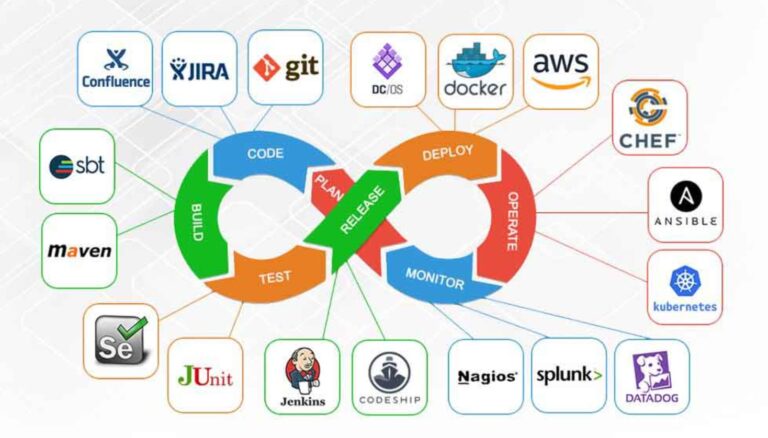Imagine a laboratory where every experiment—successful or failed—adds another piece to a giant jigsaw puzzle. Each discovery fuels the next, and every team member contributes to building a better whole. That’s what the Third Way of DevOps is all about—a mindset that encourages learning, experimentation, and improvement as a continuous loop rather than a one-time event.
While the first two ways of DevOps focus on workflow and feedback, the third way fuels the culture that sustains them. It’s about turning mistakes into insights, curiosity into innovation, and chaos into creativity.
The Third Way: Beyond Process and Automation
If automation and collaboration are the engines of DevOps, learning is its fuel. The third way urges organisations to treat every deployment, incident, or bottleneck as an opportunity for reflection and innovation.
Instead of punishing failure, high-performing DevOps teams see it as an essential part of growth. Like scientists testing hypotheses, they create controlled experiments to understand what works best and why. Over time, these learnings evolve into playbooks, strategies, and cultural habits that elevate both teams and systems.
Professionals who train through a DevOps course in Hyderabad often explore this very principle—how iterative learning, combined with smart automation, drives innovation and organisational maturity.
Experimentation as a Driver of Innovation
In traditional IT setups, changes were approached with caution, as if tweaking any component might topple the entire structure. DevOps challenges that fear with data-driven experimentation.
Through A/B testing, feature flagging, and canary deployments, teams can safely explore alternatives without risking full-scale disruption. This freedom to experiment turns the DevOps pipeline into a living ecosystem that constantly evolves.
Experimentation builds resilience. When teams are allowed to test, fail, and learn, they develop not just better software but a mindset that thrives on curiosity. That’s what differentiates reactive teams from adaptive ones—those that see uncertainty not as chaos but as opportunity.
The Learning Organisation: From Individual Insight to Team Wisdom
Continuous learning in DevOps is not just about individuals improving their skills—it’s about teams evolving together. Blameless post-mortems, peer reviews, and shared knowledge repositories ensure that learning doesn’t stay trapped with one person or department.
In essence, every failure becomes institutional wisdom. Teams document lessons learned, build better monitoring systems, and refine deployment strategies. This cumulative improvement forms the backbone of a self-healing culture where innovation and reliability coexist.
Structured training, like a DevOps course in Hyderabad, often simulates such collaborative learning environments, showing how shared reflection translates into real-world performance gains.
Building a Culture That Encourages Experimentation
Culture isn’t built overnight. It’s cultivated through leadership that rewards curiosity, celebrates innovation, and views setbacks as learning milestones. Organisations that succeed in DevOps transformation invest in psychological safety—creating spaces where engineers feel confident proposing ideas or challenging assumptions.
Tech giants like Netflix and Amazon exemplify this principle. Their “chaos engineering” practices deliberately introduce failure to strengthen systems and teams alike. Such bold experimentation becomes second nature when the culture prioritises learning over blame.
Conclusion
The third way of DevOps goes beyond code and pipelines—it’s a human philosophy about growth through curiosity. It teaches teams to embrace experimentation, seek feedback continuously, and value learning as the ultimate form of resilience.
In an ever-evolving digital landscape, the most valuable skill isn’t mastery—it’s adaptability. By fostering a culture that learns from every deployment, outage, or innovation, organisations build a sustainable path to excellence.
For professionals eager to develop this mindset, mastering DevOps through practical experience and structured learning offers the perfect start. Each lesson learned, each experiment conducted, brings them one step closer to mastering the art of continual improvement.

